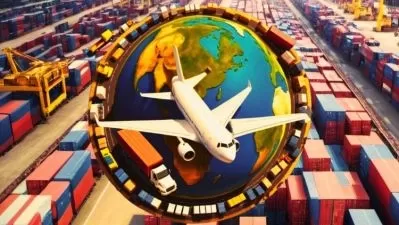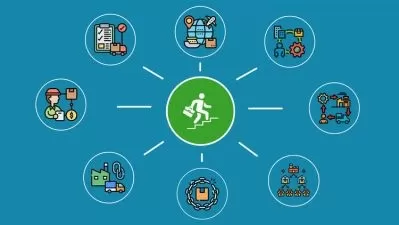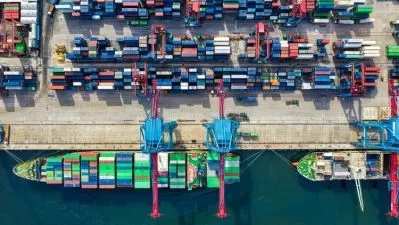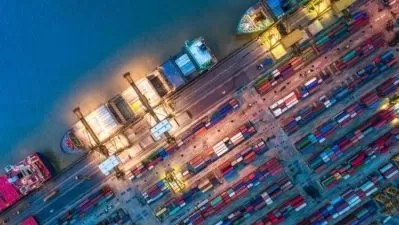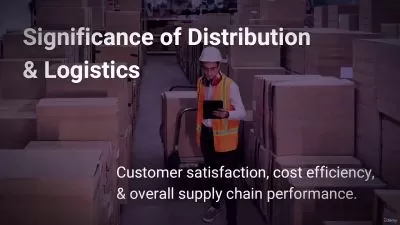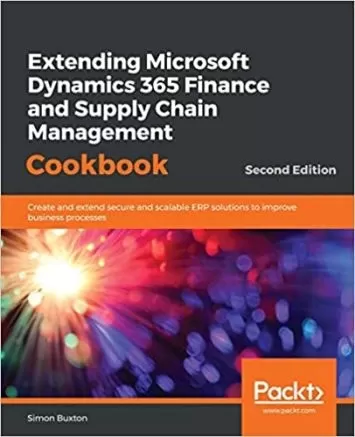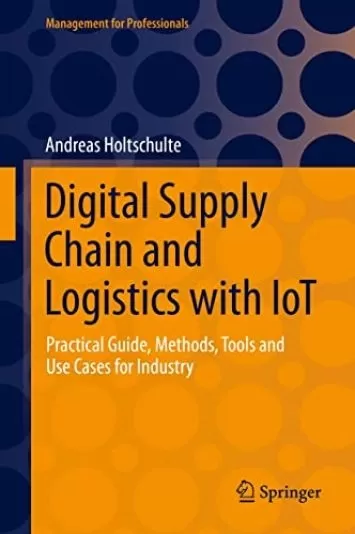About Supply ChainLearn More
A supply chain is the network of suppliers and dealers that make a business possible. Even if you make your product in-house, understanding the basics of supply chain management is an essential business skill. Good supply chain management strategies increase in importance as a business grows larger, and serves a larger audience.
Sort by:
Sorting
The newest
Most visited
Course time
Subtitle
Filtering
Courses
Subtitle
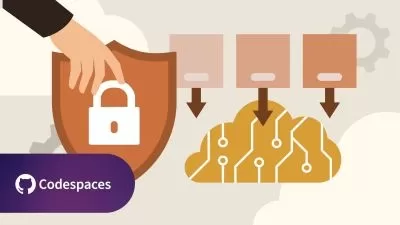
Linkedin Learning
 Application Security Posture Management: Security from the Supply Chain to Cloud Runtime
Application Security Posture Management: Security from the Supply Chain to Cloud Runtime
 Application Security Posture Management: Security from the Supply Chain to Cloud Runtime
Application Security Posture Management: Security from the Supply Chain to Cloud Runtime 1:54:35
English subtitles
01/12/2025
Subtitle

Linkedin Learning


Eddie Davila
Analysis and Reporting for Supply Chain Management 49:59
English subtitles
12/23/2024
Subtitle

Linkedin Learning


Sarah Barnes-Humphrey
Fundamentals of Sustainable Supply Chains 58:45
English subtitles
09/08/2024
Subtitle

Linkedin Learning


Curt Frye
Excel Supply Chain Analysis: Managing Simulations Using VBA 54:59
English subtitles
09/08/2024
Subtitle
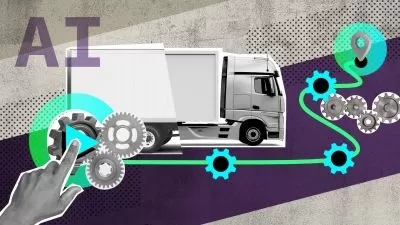
Linkedin Learning


Daniel Stanton
Using Generative Artificial Intelligence (AI) in Supply Chains 27:58
English subtitles
05/19/2024
Subtitle

Udemy


Yasin Bin Abdul Quader
Supply Chain: Inventory Control & Safety Stock Calculation 1:15:14
English subtitles
04/23/2024
Subtitle

Udemy


EDUCBA Bridging the Gap
Logistics & Supply Chain Management - Basics 101 to Advanced 5:19:05
English subtitles
03/04/2024
Books
Frequently asked questions about Supply Chain
A supply chain is the movement of materials and unfinished goods that transform raw materials into a finished product that people can use. A supply chain can be short and local — for example, a nearby farmer selling produce at a farmer’s market. But many modern supply chains are long and complex, especially when it comes to consumer products such as electronics, furniture, and cars. Complex supply chains might involve raw materials from all over the world that are sent to storage facilities before arriving at manufacturing plants, where products are built and assembled. Once they’re made, products are shipped to warehouses around the world to be delivered to the consumers. Modern supply chains are designed to fulfill different roles depending on the product and customer expectations, from long-term purchase contracts to same-day delivery services. They’re also designed to quickly handle product returns to ensure consumers are satisfied with the return process while minimizing costs.
Supply chain managers oversee and direct the purchase and delivery of products and raw materials across a business’s manufacturing facilities, warehouse and storage facilities, and retail stores. They carefully plan where materials and products should go (and when) so that they’re used as efficiently as possible. While supply chain managers are experts in minimizing costs, they must also constantly balance price with other factors. For example, supply chain managers consider supplier reliability, including product quality and on-time delivery, economic factors such as import taxes and exchange rates, and even political factors like import/export policies and laws. Finally, supply chain managers always need to have a backup plan in case materials can’t make it to their destinations on time. A small delay in material delivery can lead to major delays further down the supply chain, which is why supply chain managers are so important.
Supply chain managers use various tools and applications to help their supply chains run smoothly and efficiently. Order processing tools help manage sales orders as well as order fulfillment. Shipping status tools help supply chain managers track products en route to their destinations and predict their arrival with real-time updates. Lean inventory tools optimize production throughout the entire supply chain to minimize inventory while still satisfying consumer demand. Demand forecasting tools use past trends and real-time data to help anticipate future demand and plan adjustments to production and raw materials. Today, many of these tools are incorporated into supply chain management software (SCMS). One of the most popular SCMS packages used by supply chain managers is SAP S/4HANA, designed to cover day-to-day supply chain operations and perform complex supply chain functions.





